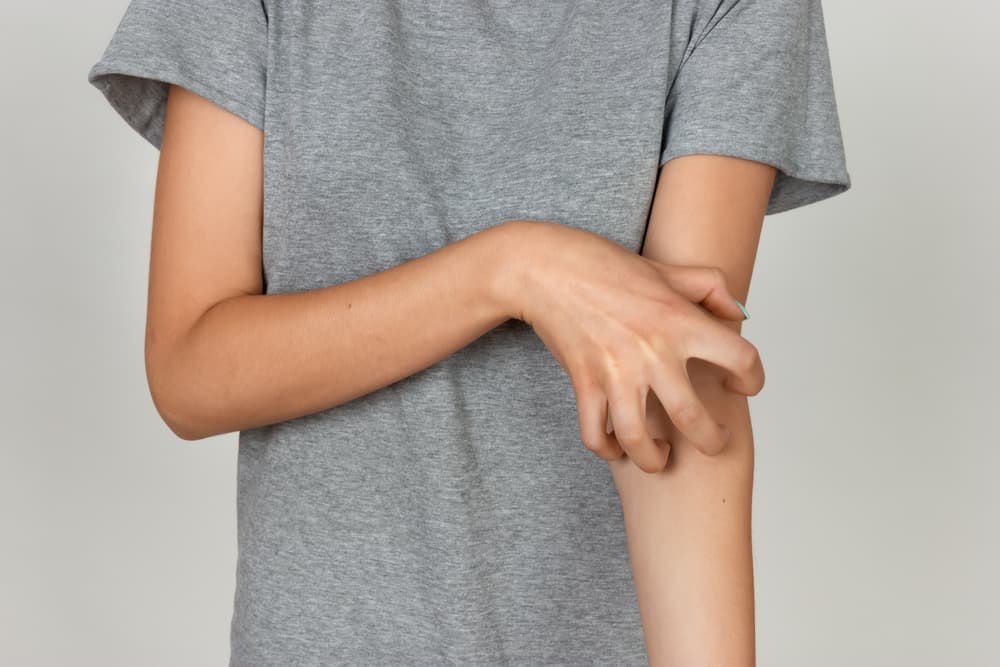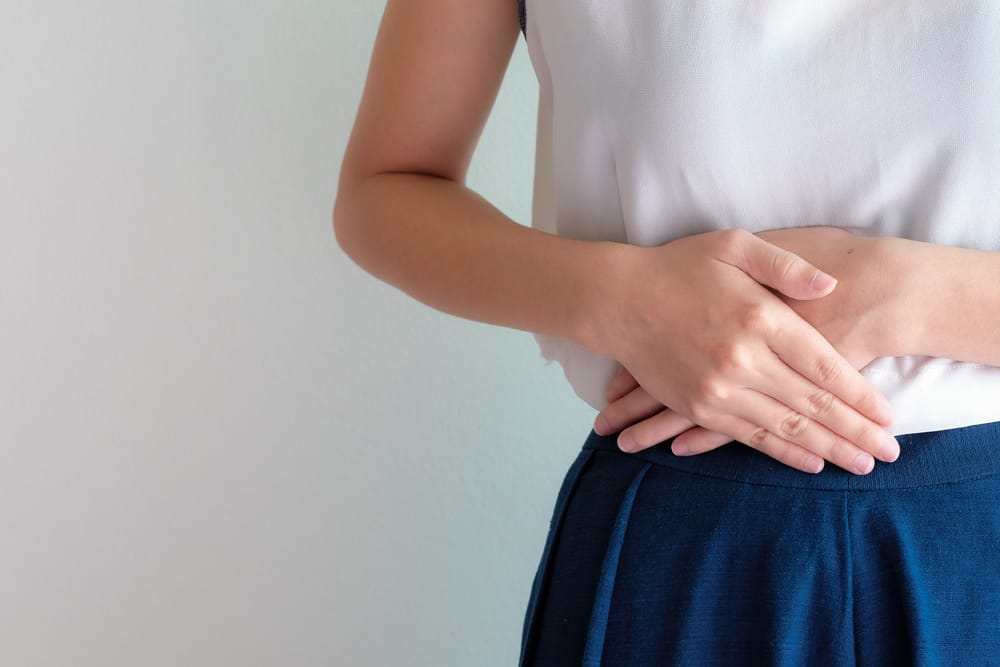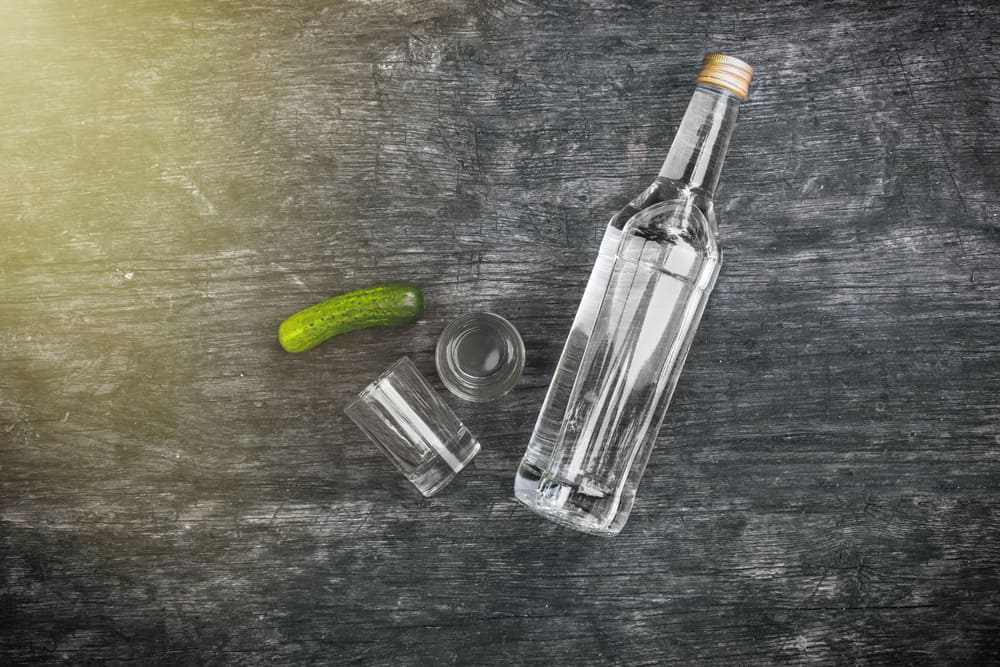Contents:
Medical Video: 10 Feminine Hygiene Tips You NEED to Know
Every woman has a unique vaginal aroma from one another. All of this is normal and does not need to be too fussy. But if you suddenly realize that the smell of your vagina changes to become more piercing, or even the vagina smells bad, this might be a sign of a problem.
Unpleasant vaginal odor may be nothing more than personal hygiene - from the selection of underwear to your sexual habits - which can have a serious impact down there.
Read on to find out about the 8 most common mistakes made by women regarding the habit of caring for the vagina, and how to change this habit for better vaginal health.
Causes of vaginal odor that you may not realize
1. Using vaginal douche
Vaginal douche refers to the practice of washing or rinsing the inside of the sprayer's vagina with water mixed with several other fluids, such as baking soda, vinegar, iodine, and perfume or fragrance. Douching flushes out all the good bacteria that remain in the vagina to fight infection, so that it increases the risk of bacterial growth and other vaginal infections associated with vaginal odor.
READ ALSO: Why Can We Not Use Vaginal Cleansing Soap?
2. Incorrect use of underwear
Super tight panties cause friction frequencies to become more frequent, which can cause a variety of problems - ranging from skin irritation to ingrown hair. In addition, tight and damp underwear from sweat is one of the risk factors that contribute to the development of yeast infections. The combination of heat and humidity lodged in your vaginal area becomes an ecosystem that is ideal for fungi and bacteria.
Not only tight panties. If you are already susceptible to yeast infections, urinary tract infections, and vaginal irritation, wear underwear thong will only worsen your problem. A thong strap that does not fit the body will be busy sliding forward and back as you move, so it can be a unique transportation vehicle for spreading E. coli from the anus to the vaginal area. The presence of foreign bacteria in the vagina will not only make it more smelly, but can also threaten your vaginal health.
The best material for underwear is a cloth that allows the skin to breathe - like pure cotton. Synthetic fabrics, such as nylon, polyester, silk, lycra and lace, are more likely to irritate the vaginal area while putting you at risk for developing yeast and bacterial infections that cause vaginal odor.
3. Rinse from back to front
The principle is exactly the same as wearing thong pants. Wiping from the buttocks forward will move various kinds of foreign bacteria into your vagina.
4. Rarely wash your vagina
The vagina has an automatic cleaning mode. The cervix and vaginal wall produce a small amount of sagging which will completely carry the remaining menstrual blood, old cells, and other foreign particles out of the vagina. But this does not mean you should be absent from cleaning the vagina, especially after sweating from exercise, during menstruation or vaginal discharge which is more than usual, or even after sex. Maintaining good personal hygiene is important to avoid vaginal odor problems.
READ ALSO: 7 Mandatory Treatments to Maintain Vaginal Health
Use mild, fragrance-free soap - other active ingredients can disrupt the pH balance in the vagina and worsen existing problems. Make sure you wipe from front to back when rinsing and drying the vaginal area properly by patting it, not rubbing it, so that the moisture does not linger in there and causes yeast infections. Wear dry and clean underwear every day.
5. Rarely change pads
Menstrual blood after leaving the body will be contaminated with the body's innate organisms. During menstruation, health experts recommend that you replace sanitary napkins every 4-6 hours (more often, if your bleeding is heavy) is a good practice of personal hygiene in order to prevent unpleasant smell of vaginal odor.
This rule applies even to days when you don't have a lot of bleeding, because your sanitary napkins are still moist and carry foreign organisms, and sweat from your genitals. If these organisms stay in a warm and humid place for a long time, they tend to breed faster and can cause conditions such as urinary tract infections, vaginal infections, and skin rashes.
6. Linger wearing a wet swimsuit
Most swimming pools contain chlorine which functions to kill bacteria in the water. Generally this is a good thing, because if not, pool water can be a place for all kinds of bacteria to breed that you definitely want to avoid.
READ ALSO: What to do before and after swimming
When you stay in a damp bath for a long time, the remaining chlorine sticking to the fabric can go deep into the vagina and kill the good bacteria colonies that should help the vagina stay healthy. So it's not surprising that you will begin to feel a little strange down there, from uncontrollable itching to skin irritation and inflammation associated with all kinds of vaginal health problems - yeast infections, bacterial vaginosis, to vaginitis. The best solution is to immediately remove the wet swimsuit after you have finished swimming (or moist underwear after exercising).
7. Hurry to change clothes after taking a shower
You get out of the bathroom, hug half-heartedly, quickly wear clothes, and go to work. Here's your routine to start the day. In fact, fully clothed before the body is fully dry is not healthy for the condition of your vagina. Wearing underwear when you are still half dry is the same as you leave the vaginal area into a field of fungal infections. Yeast likes warm and humid places. All women have yeast and bacteria in the vagina, but this imbalance triggers inflammation of the infection.
No matter how you dry your body - aerated (wear a boss and dress up first while waiting for a dry area) or patted it dry with a clean towel - the important thing is to spend a little more time drying the vagina to prevent fungal infections, especially if you are vulnerable to this condition.
8. Eat foods that cause vaginal odor
Foods that smell strong and have spices have the potential to cause vaginal odor, such as coffee, onions, curries, and other spices. Consumption of red meat, milk and milk products, and excessive alcohol may also change the aroma of your vagina. A diet high in probiotics, such as whole wheat and vegetables and fruits can help maintain the vaginal pH balance and may produce a lighter aroma.
READ ALSO: Is it true that eating pineapple can make your vagina feel sweet?












